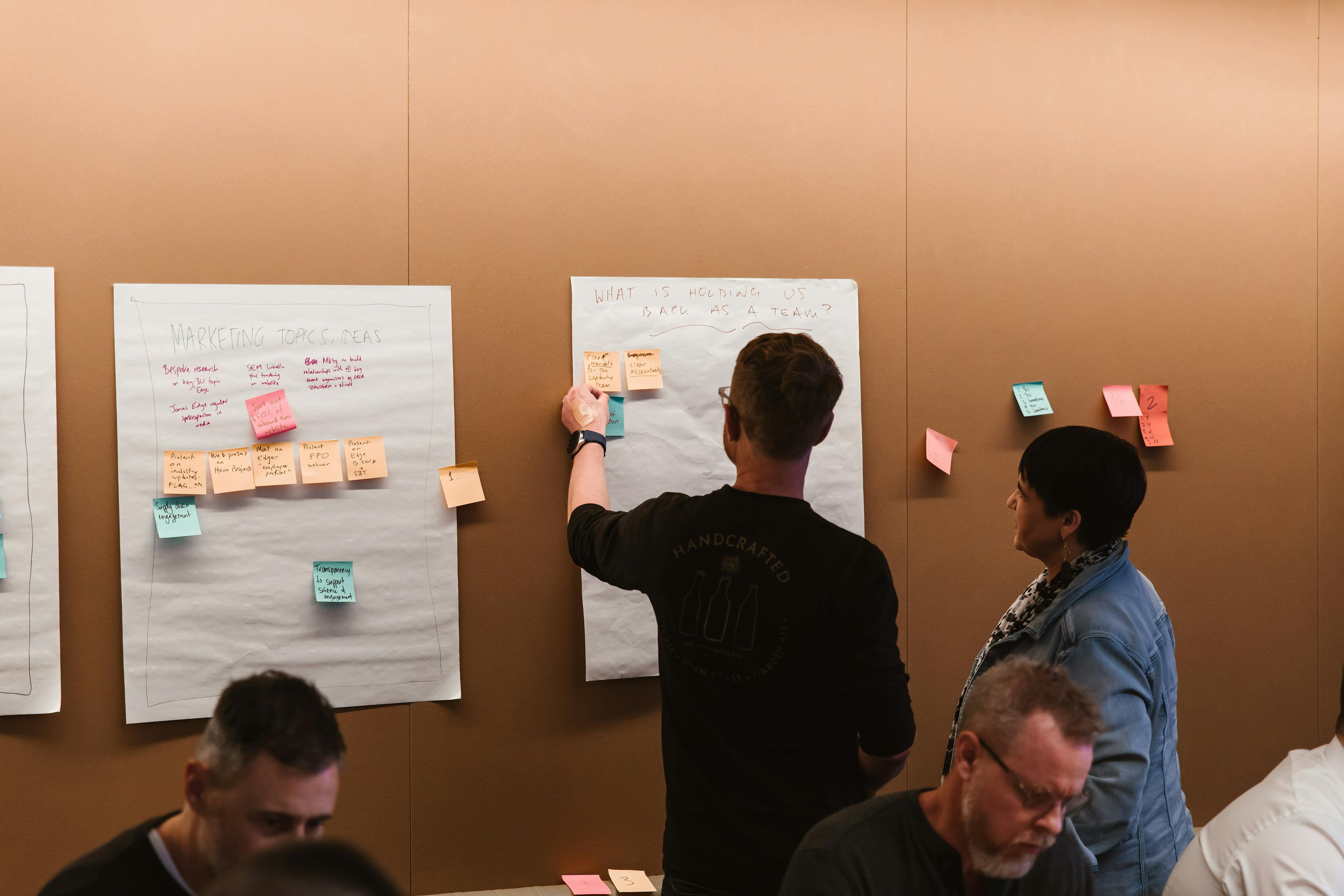Outsourcing support for critical business functions is nothing new. Used to reduce risk and increase flexibility, retained assistance is commonplace across a range of disciplines – from accounting and bookkeeping to PR and legal services. More recently, the model is even working for senior roles, particularly in the field of Chief Financial Officers.
It is well understood that these ‘needs-basis’ roles sit alongside – and complement – traditional consultants. After all, consultants are routinely brought into businesses on an ad-hoc basis to deliver specific projects for a fixed fee in a defined time. But a retainer model is slightly different: it is longer-term, allowing the expert to think and act like one of the client’s team.
Can it be done for sustainability?
Until now, businesses haven’t commonly used outsourced support on sustainability. It might be because sustainability has typically been dominated by the “big end of town” – the upper echelons of the ASX are filled with companies armed with entire teams of sustainability professionals. These companies don’t need to think twice about employing a professional to develop and own their organisation’s approach to environmental, social and governance (ESG) issues.
But the landscape is changing. Increasingly, sustainability is spreading down to even the smallest of businesses. I’ve lost count of the number of enquiries we’ve had over the last couple of years from companies looking to develop their first-ever ESG strategy or report. Most companies know the game is on – action on sustainability is now a must-have for investors, customers and employees – but many don’t (yet) want to dive in and hire permanent sustainability staff. Even among bigger companies with established teams, there is a growing need for long-term specialist expertise that isn’t always matched with an appetite to take on new headcount. For those companies ready to take the plunge, it can be hard to find the right person when demand for sustainability experts is at an all-time high.
A serious endeavour
Which brings us back to the outsourced model. Where sustainability was previously given lip-service, it’s now important for companies to demonstrate that it’s being taken seriously. Sustainability can’t be just a marketing ploy – it must now be absorbed into a company’s very DNA. Rather than viewing sustainability within a silo, whole teams need to embark on the journey with someone they know and trust, and with who they can be comfortable asking those silly questions.
A retained sustainability expert, acting as a sustainability manager, offers these benefits and more, especially if they’re backed by a bigger, multidisciplinary team. Working as an employee, an outsourced sustainability manager can get an all-important helicopter view of the business and come to know it inside out. They can build relationships with all stakeholders, strategise, manage change and can answer queries from investors and customers.
For a company like ours, the ultimate aim is to help our clients become sustainability superstars. If we’re successful, we will have helped clients build internal capacity, embed sustainability into every job role in the company and transition the culture in such a way that we are no longer needed. As such, and perhaps unlike professionals in other disciplines, our outsourced sustainability team will always be working towards a goal of making ourselves redundant.
A new way of operating
We are already working with a number of clients in this way, but we’re expecting demand for the model to grow exponentially. For us it’s a win-win: there are few better ways to create impact than to do so from the inside of a company, which means our clients can achieve their sustainability goals and we get to fulfill our mission. It won’t be long, we think, until we see Australia’s first outsourced CSO…
If you’re interested in learning more get in touch with Max Van Biene (max.vanbiene@edgeimpact.global)








